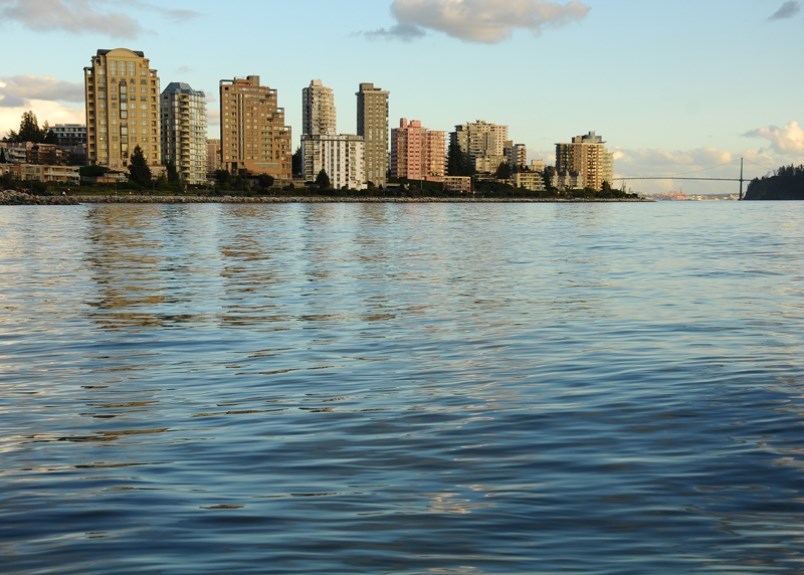Fossil fuel companies should help cover the rising cost associated with rising sea levels, according to West Vancouver council.
Council has voted 5-2 to send a letter asking the world’s 20 biggest fossil fuel companies pay their “fair share” of the costs incurred upgrading municipal infrastructure to withstand climate change.
“It is our position that you have played a key role in degrading the global atmosphere and creating a range of threats to our community,” the letter states. “Your contribution is readily detectable globally and is therefore considered legally significant and actionable.”
While Coun. Marcus Wong called the missive a “great letter,” he voted against sending it at the Dec. 10 meeting, suggesting there was a lack of specificity.
“It certainly leaves out the question of: what about everybody else that’s downstream from these fossil fuel companies,” he said, noting there was no mention of fossil fuel-dependent industries such as car and pipeline companies.
Wong also questioned the logic of sending a form letter.
“Oftentimes companies will disregard them because they are not personalized,” he said.
The letters should help raise a discussion about the ramifications of climate change, Mayor Mary-Ann Booth told her colleagues, adding that she didn’t expect immediate results. “These problems don’t get solved by one tool. It’s a confluence of actions.”
West Vancouver is seeing the effects of climate change on the foreshore and the forest interface but has “very few tools” to pay for the necessary mitigation work, according to Coun. Craig Cameron.
Cameron didn’t refute Wong’s argument, noting that the concept of a fossil fuel company’s “fair share” is a matter for debate. “But there’s no doubt that – among other entities – fossil fuel companies do have a responsibility.”
Council is also set to send a note to B.C. Premier John Horgan, calling for the provincial government to “take immediate action to hold global fossil fuel companies accountable for climate change-related harm and costs.”
The letters, although subsequently amended by council, were initially drafted by representatives of West Coast Environmental Law, the firm that represented the Tsleil-Waututh and Squamish nations in their successful legal challenge to the Trans Mountain pipeline expansion.
In calling for the province to introduce legislation that would make oil companies legally liable for climate change costs, the letter notes B.C.’s year 2000 passage of the Tobacco Damages Recovery Act. While a municipality’s lawsuit against oil companies would currently be “expensive, protracted and uncertain,” changing the liability laws could reduce the risk and lower the prohibitive costs, according to a letter written to the district from the law firm authored by Gordon Cornwall.
The law firm’s correspondence with council also referenced a 2012 provincial report estimating Metro Vancouver will spend $9.47 billion adapting to climate change by the year 2100.
While she appreciated the idea of a campaign to reduce climate change, Coun. Sharon Thompson deemed the letter too ambiguous to support, suggesting the message would be an attempt to claim money while “lay(ing) the blame solely at one resource-based company.”
Coun. Bill Soprovich disagreed, calling the letter “quite pointed.”
“What we’re saying is, ‘Pony up and pay,’” he said, acknowledging that the companies were unlikely to comply. West Vancouver will start to see the, “colour of their position,” Soprovich told his colleagues. “And it won’t be green money.”
The letter lists climate change effects including increased droughts, wildfires, water shortages, sea level rise, the early melting of snowpacks and the spread of both the mountain pine beetle and Lyme disease.



